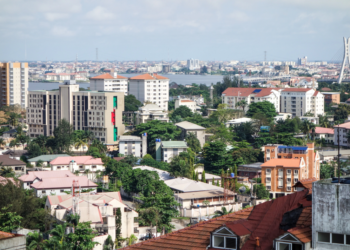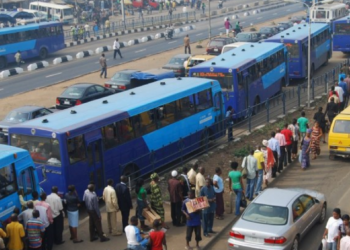Nigeria’s subnational debt profile witnessed a significant shift in 2024, as new data revealed that the combined debt stock of the 36 states declined by a massive 32.32% year-on-year, falling from N5.86 trillion in 2023 to N3.97 trillion in 2024.
The contraction signals a renewed focus by several state governments on debt sustainability, budgetary discipline, and alternative financing models amid growing fiscal pressures.
However, despite this broad-based decline, some states remain deeply entrenched in the country’s debt landscape, either due to existing financial obligations or a strategic push for infrastructure-led growth.
Here’s a breakdown of the top 10 states with the highest public debt stock in 2024 and how they compare year-on-year.
Top 10 Most Indebted Nigerian States in 2024

Delta State achieved a significant 46.55% drop in debt levels compared to 2023’s N373.41 billion, one of the largest YoY declines among all states.
The drop stems from aggressive debt repayments exceeding N130 billion of its inherited financial obligations in 2024 alone, as part of a broader effort to reduce its debt burden and restore fiscal credibility. This repayment was prioritized despite competing demands on the state’s budget.
According to the state’s 2024 Debt Sustainability Analysis (DSA), the state adopted a medium-term debt strategy that emphasized the avoidance of new commercial borrowings, a pivot to concessional project-tied loans, and refinancing of inherited debts under favorable terms.
Delta’s debt position signals a shift toward long-term fiscal consolidation and improved creditworthiness.






















